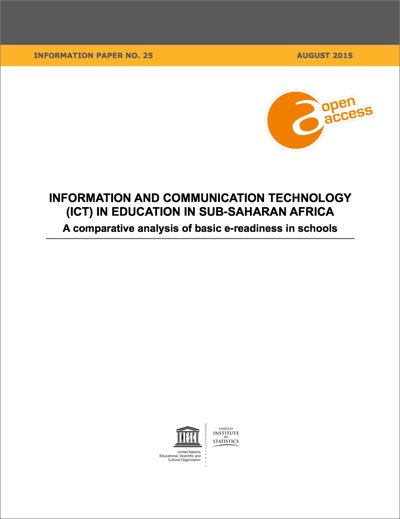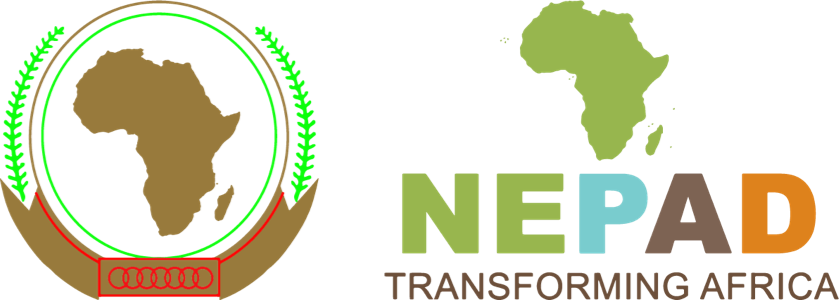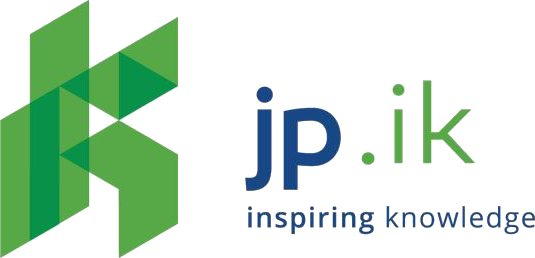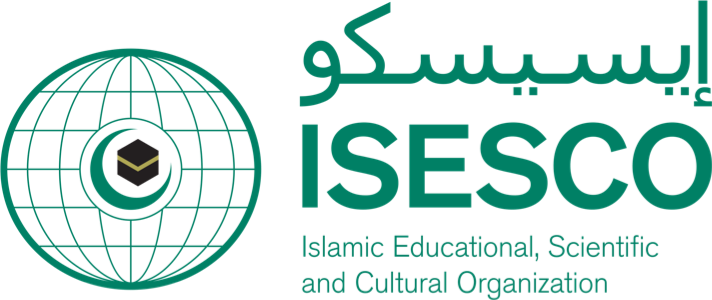ICT in Education in Sub-Saharan Africa: A comparative analysis of basic e-readiness in schools
Information and communication technology (ICT) plays an ever important role in increasing economic productivity through digital economies, enhancing the delivery of public and private services and achieving broad socio-economic goals in education, health care, employment and social development. As a result, countries are advancing ICT policies to underpin growth in a variety of socio-economic sectors and help steer development and competition. Yet given the rapidly evolving ICT landscape due to a variety of newly emerging technologies, systematic examination and evaluation of these policies are essential.
In the education sector, policymakers widely accept that access to ICT can help individuals to compete in a global economy by creating a skilled work force and facilitating social mobility. They emphasise that ICT in education has a multiplier effect throughout the education system, by:
- enhancing learning and providing students with new sets of skills;
- reaching students with poor or no access (especially those in rural and remote regions);
- facilitating and improving the training of teachers; and
- minimising costs associated with the delivery of traditional instruction.
Beyond the rhetoric and of great importance to policymakers are basic questions related to the usage of ICT in education and student outcomes, including retention and learning achievement. There are those who contend that computers and other ICTs have properties or affordances that directly change the nature of teaching and learning (Kozma, 1991; 1994; Dede, 1996), while others argue that ICTs are merely a delivery mechanism for teaching and learning and it is the foundational pedagogy that matters (Clark, 1983; 1994). Regardless, a better understanding of ICT in education and how it is integrated across national education systems must be a priority for all countries.










